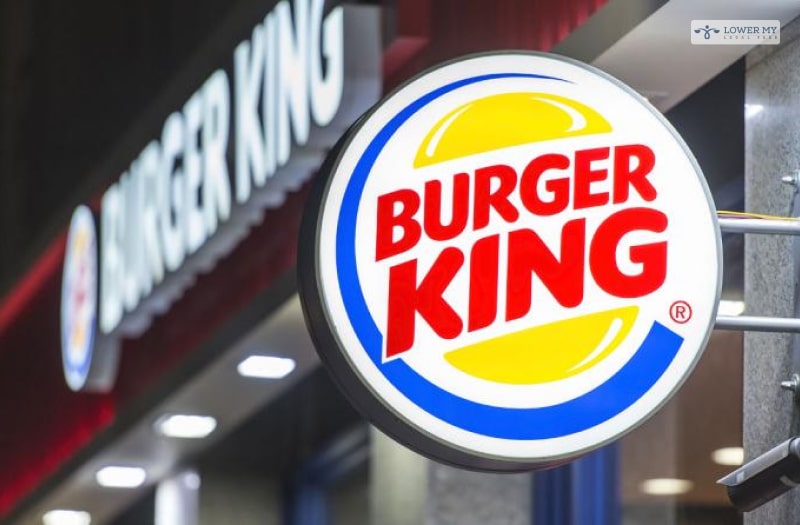A class action was previously filed against the multinational fast food chain. Burger King had implemented a no-hire policy earlier. This policy was meant to refrain franchisees from hiring each other’s employees.
The judgment on this matter was passed by the 11th Circuit Court of Appeals. It stated that an earlier ruling on the case delivered by a Miami District Court was erroneous, as it stated that claims of discrimination on pay, wage, and employee turnover were not possible as the franchisees in question were a single economic entity.
A federal appeals court has revived https://t.co/b9NyOV8UQs a potential class action against Burger King over its prior use of a "no-hire" clause that blocked all franchisees from hiring each other's employees. https://t.co/fmWCXYOjBN
— Intl. Business Times (@IBTimes) September 1, 2022
Judge Robin Rosenbaum stated that the franchisees of Burger King serve as competition to each other and have completely separate economic interests. In case of the absence of the no-hire clause, each franchisee will formulate employment and wage rules as are best suited to them.
These separate franchisees might even use enticing techniques to get the employees to join their organizations. The policies have been around but the first lawsuit on the issue was filed in the year 2016.
The 11th Circuit reversed a ruling by a district court judge in Miami, who dismissed former Burger King workers’ claims that a no-hire clause was an unlawful conspiracy to suppress wages and employee turnover, reviving a potential class action https://t.co/e7qK77ErOt pic.twitter.com/cPSw3mNMux
— Reuters Legal (@ReutersLegal) September 2, 2022
The Department of Justice then also began to target the company’s no-poach policies. The multinational chain of burgers have reported that these are unreasonable and have no base to them.
The judgment delivered has been major news in the anti-trust policy genre. However, the claim that restraint on trade was not unreasonable was unconsidered by the Court.
Read Also:






